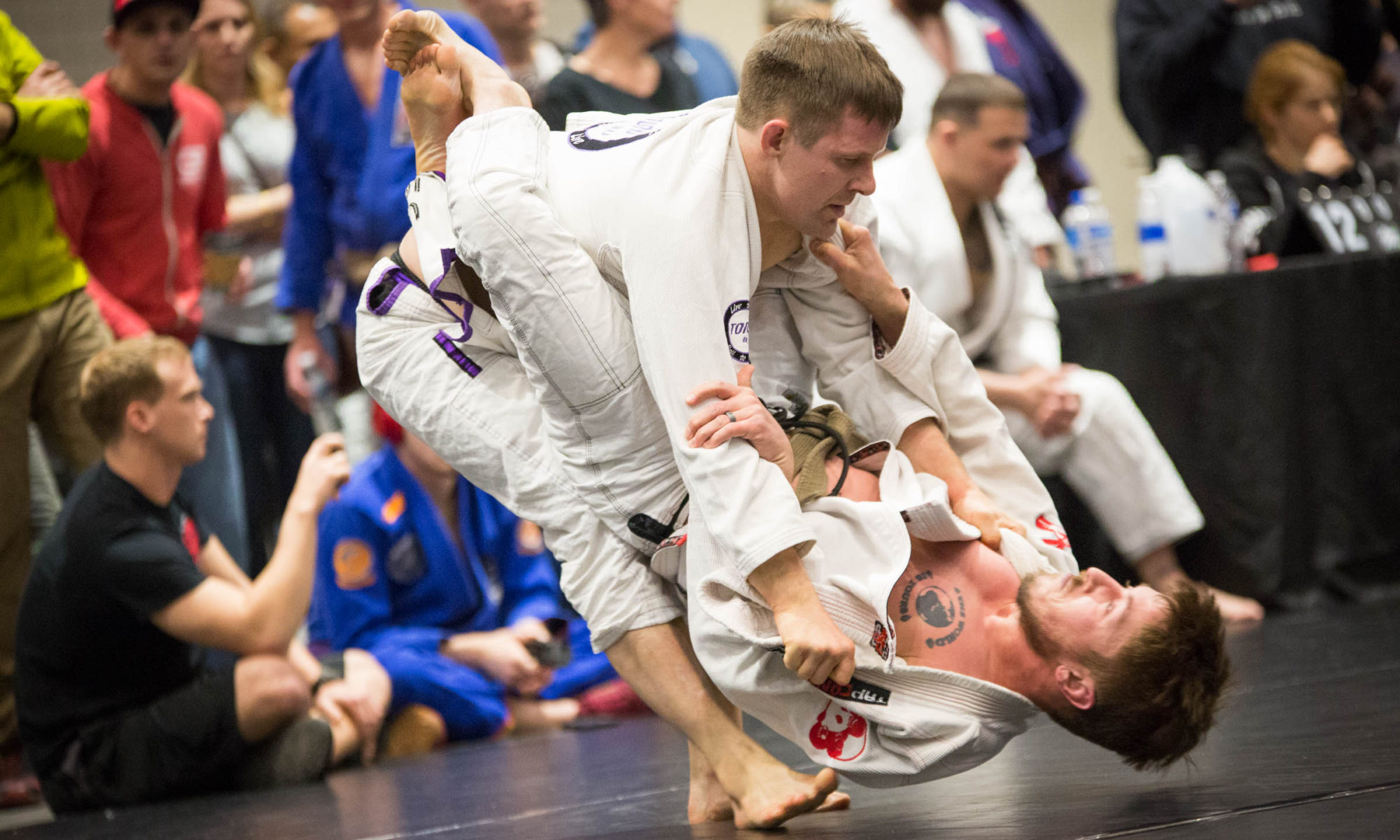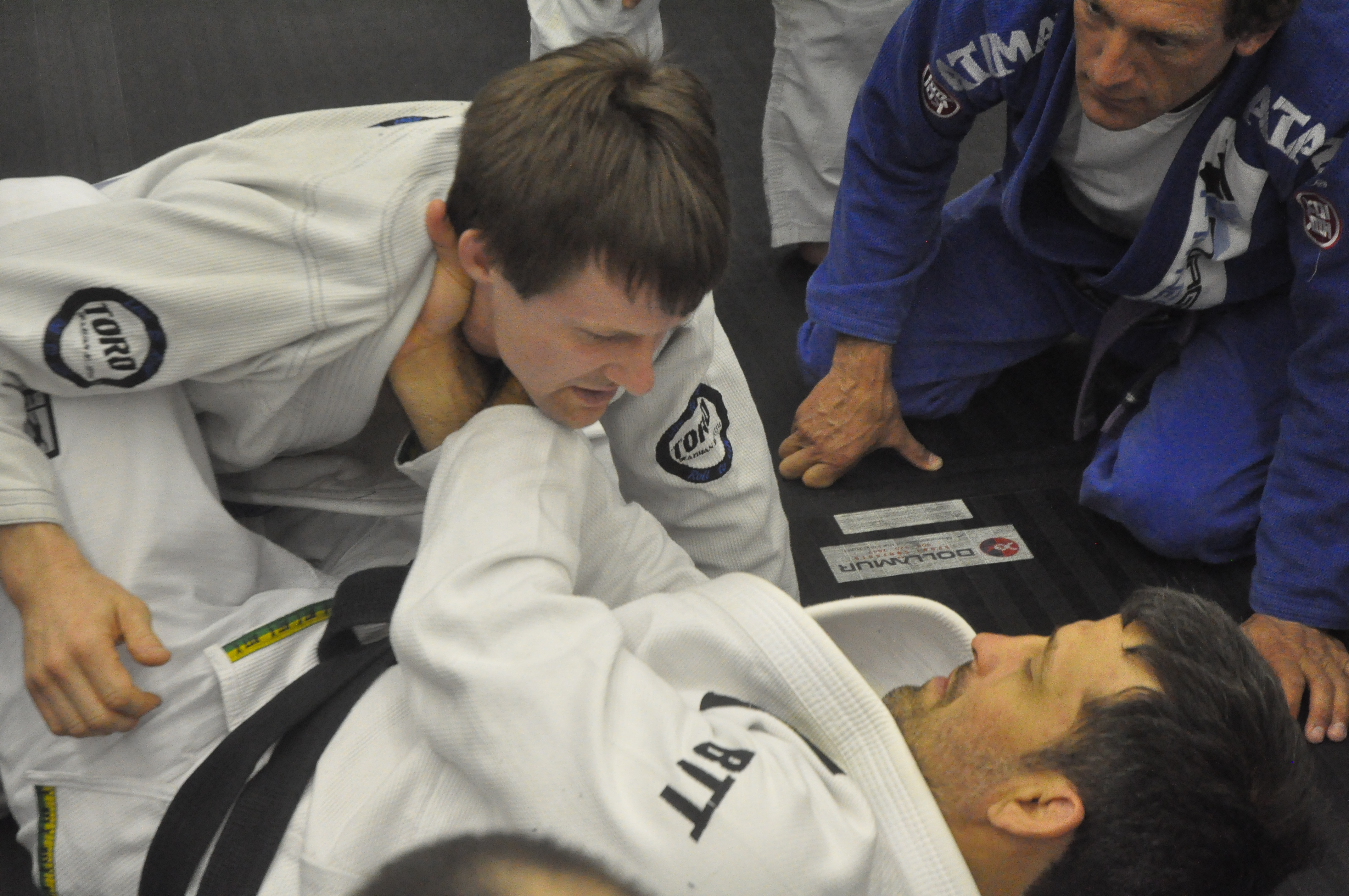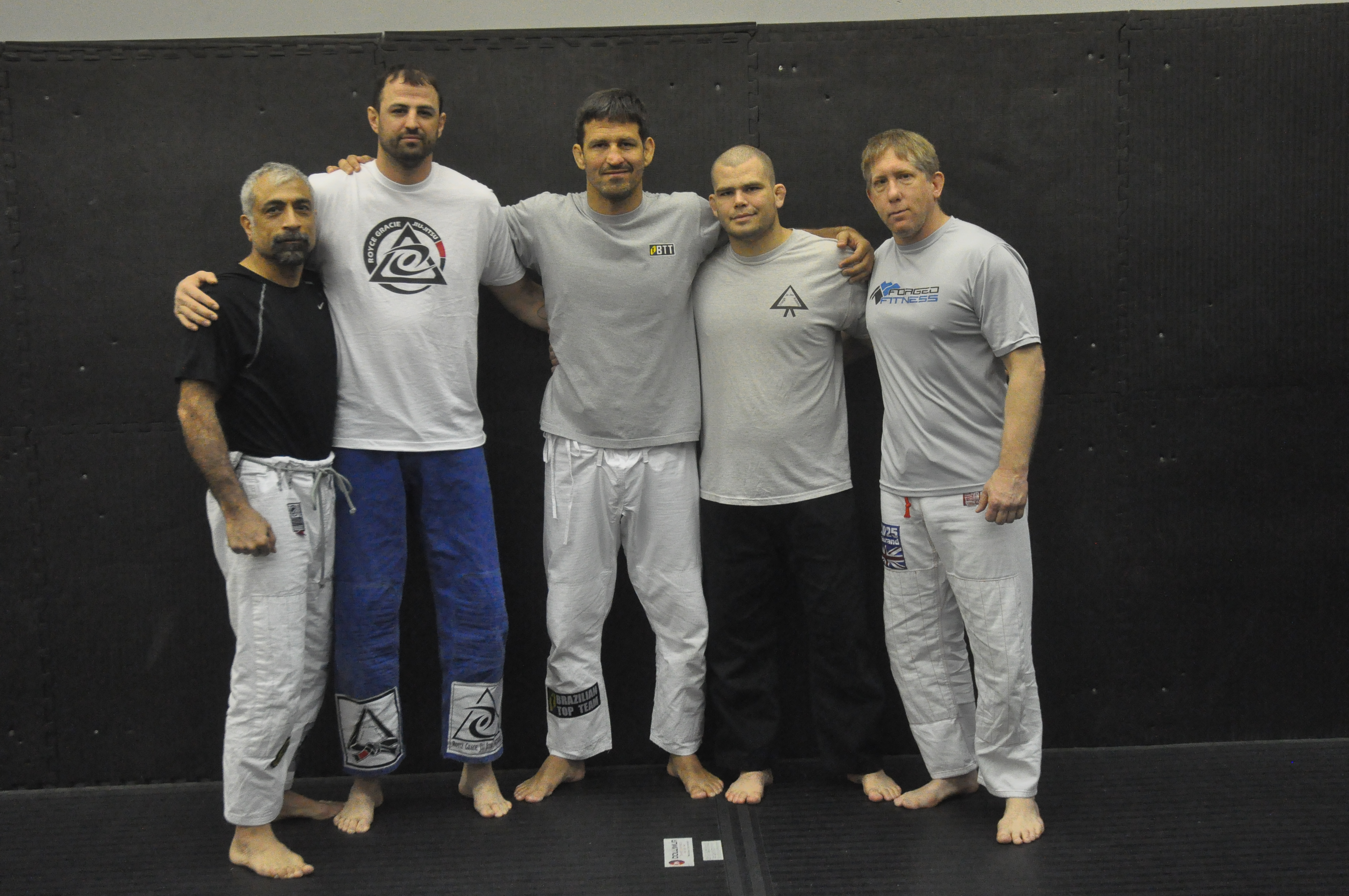Why does it matter if you win or lose?
This is a semi-rhetorical question. I want to acknowledge right up front that I am a competitive person, and so it matters very much to me whether I win or lose. By offering up the question I hope to provoke a thought experiment rather than to imply that it doesn’t matter.
For most of us, the answer is that competition is a measuring stick. It matters whether we win or lose because we are testing ourselves. This is, incidentally, why it’s important that we take on opponents for whom we have respect: if we win over competition that is sorely lacking, we have failed to challenge ourselves. Our achievement, such as it is, is much less valuable against lesser competition.
Simply put, we want to win because it means we’re on the right track, and we want to beat good competition because it means more than beating easy competition.
But let’s go a level deeper. Let’s say you achieve a primary goal, whether it be to take gold at a US Grappling tournament or beat a specific opponent. You’re not going to retire from jiu-jitsu. Presumably you’ll set new goals: you will ask yourself, “What now?” This is exactly what you should do. You’re also not going to quit after a disappointing loss. You’re going to analyze where you need to improve and aim at another goal.
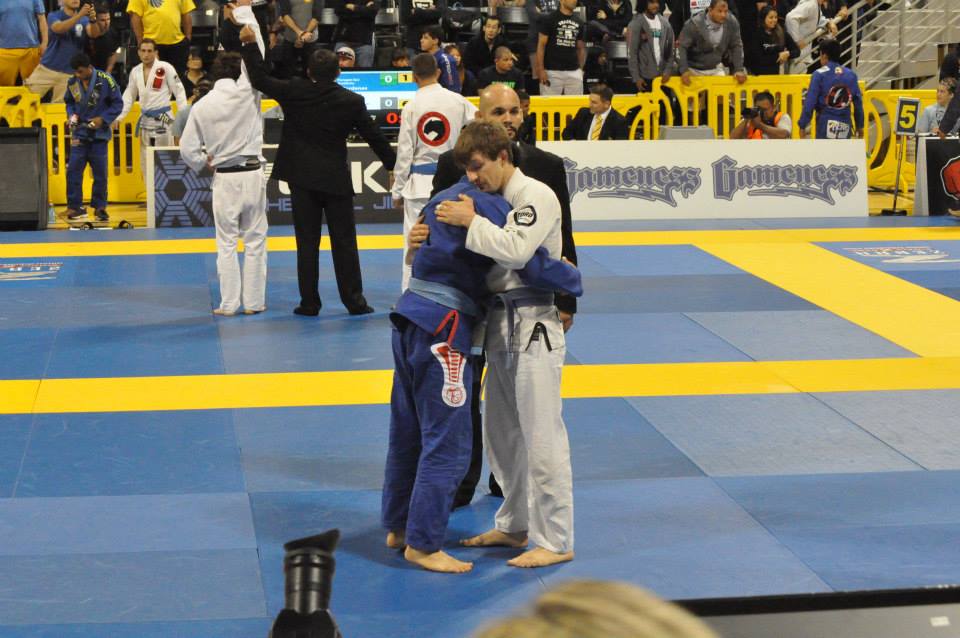
When I was playing poker regularly, the best players all advised me to treat your poker experience as one long playing session.
The bad players chase losses during single sessions: if they have a bad run of cards, they’ll stay at the table all night trying to get even. This is a terrible idea, since your sharpness will suffer and you’ll play worse than you would have otherwise. The good players realize that over the long run, the cards even out. The better players will get more money over the long run, and the worse players will lose it.
Instead of pushing to get even if you’re down money, you should play for as long as you planned on, stop, and start fresh during the next session. That way you’ll play your best, and if you really have an edge against your opponents, that will come out the longer you play. The bigger sample size will show you the way. Instead of viewing Saturday as one session and Monday as another, the best viewed all their time spent at the poker table as one long session.
Life is like that. Life is one long training session.
A win doesn’t matter if I stop training. A loss doesn’t matter if I keep training. My answer to the semi-rhetorical question “Why does it matter if I win or lose?” is this: my goal is to have the best possible jiu-jitsu I can have over the long term. I’m less concerned with one big win or one big loss that I am with constantly working to improve and refine my skills. I want to keep my focus on the Jeff of 2025, not the Jeff of Wednesday, March 25.
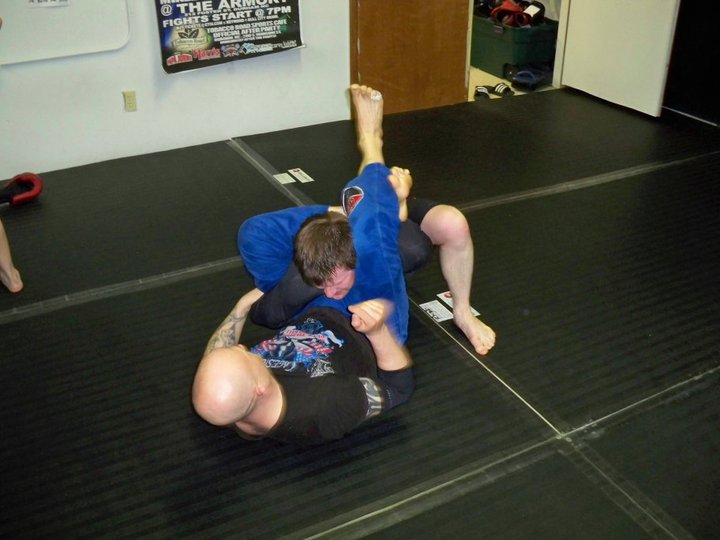
It matters if I win or lose because if I keep training, I keep improving, and if I keep improving, the wins will come more than they would have otherwise. Again, I believe strongly in the value of competition: competition is a system that we use to provide motivation and focus, and by and large it works. I know it works to motivate me.
I’m thinking about this lately because I have a gi match against Ze Grapplez at this Friday’s Bull City Brawl. I’m looking forward to it for many reasons: he’s a great competitor, it’ll be a good, tough test for me, and it’s a cool opportunity to compete in the cage in front of an audience. Tim’s someone I respect a lot for his approach — he trains all the time, competes regularly, and whatever outcome happens, he’s back on the grind the next day. (I also share his antipathy for the term “superfight” as applied to jiu-jitsu matches, by the way).
This is a terrific opportunity for me, and I’m training hard to take advantage of it. Generally speaking, I train like crazy for tournaments. I’ll never cop out and tell you I wasn’t giving it my all. If you’ve beaten me in a tournament, you got the best I had to offer on that day, so congratulations. I’m always glad I put myself out there, win or lose.
Winning is affirmation and losing is information, as my instructor likes to say, so both competitors get something out of the experience. Ideally, you win and learn, but no matter what happens, you’re better off than the timid souls.
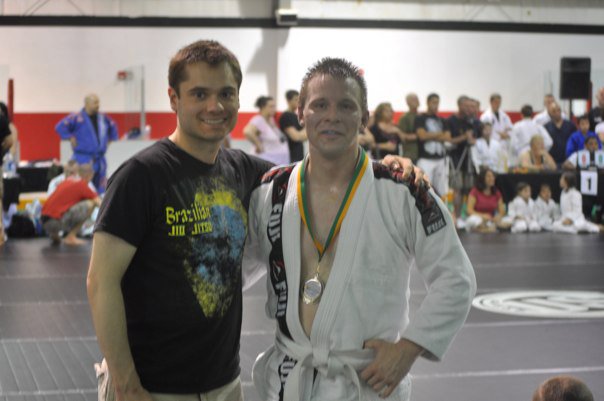
Jiu-jitsu is like life. It’s one long session. However important one day is to us, to focus too much on the results of any one competition is a mistake. If your goal is to win the worlds and you fall short, of course you’ll be disappointed. That’s normal. Such luminaries as Saulo Ribeiro, Felipe Costa and Caio Terra had far less success early in their careers at lower belts. All became black belt world champions.
It’s not the short-term disappointment. It’s what you do with it over the length of the long session. You can win every competition you enter, but if you’re not challenging yourself, you’re losing the long session.
The Bull City Brawl match with me and Ze Grapplez is this Friday. One of us is going to win and one of us is going to lose. And we’re both going to be back in the gym the next day training, because we’re both going to be better in 2025 than we were in 2015.
